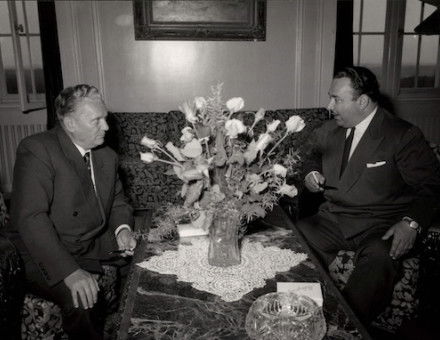The Regency of Philip of Orleans
During the minority of Louis XV, France was ruled by his predecessor’s nephew, a good-natured and quick-witted prince, but indolent, indifferent and self-indulgent. Philip’s ascent to power raised high hopes of a radical reform in French domestic policy, writes J.H.M. Salmon.
The obsequies that followed the death of Louis XIV on September 1st, 1715, were performed with a haste and economy much in contrast with the ceremonious adulation that le Grand Monarque had received during his lifetime. His reign had raised France to preponderance in Europe, equipped her government with an efficient middle-class bureaucracy, and converted the factious independence of her aristocracy into a glittering, but sterile, subservience to the autocrat of Versailles.
But the panoply of absolutism, heavy with the weight of outworn privileges, concealed social tensions that threatened its own destruction. The ancient noblesse de race resented the political ascendancy of the gens de robe; the lawyers of the Parlement, or supreme court, objected to the suppression of their constitutional rights by royal ministers recruited from their own ranks; and the financiers, who farmed the indirect taxes, supplied the armies and advanced loans to the monarchy, were envied not only for their wealth, but also for their indirect influence in the counsels of government.





